Menu
ASEAN Community of Practice Between System Operators, Regulators, and Policymakers to Strengthen Collaboration for a More Integrated and Resilient ASEAN Power Sector
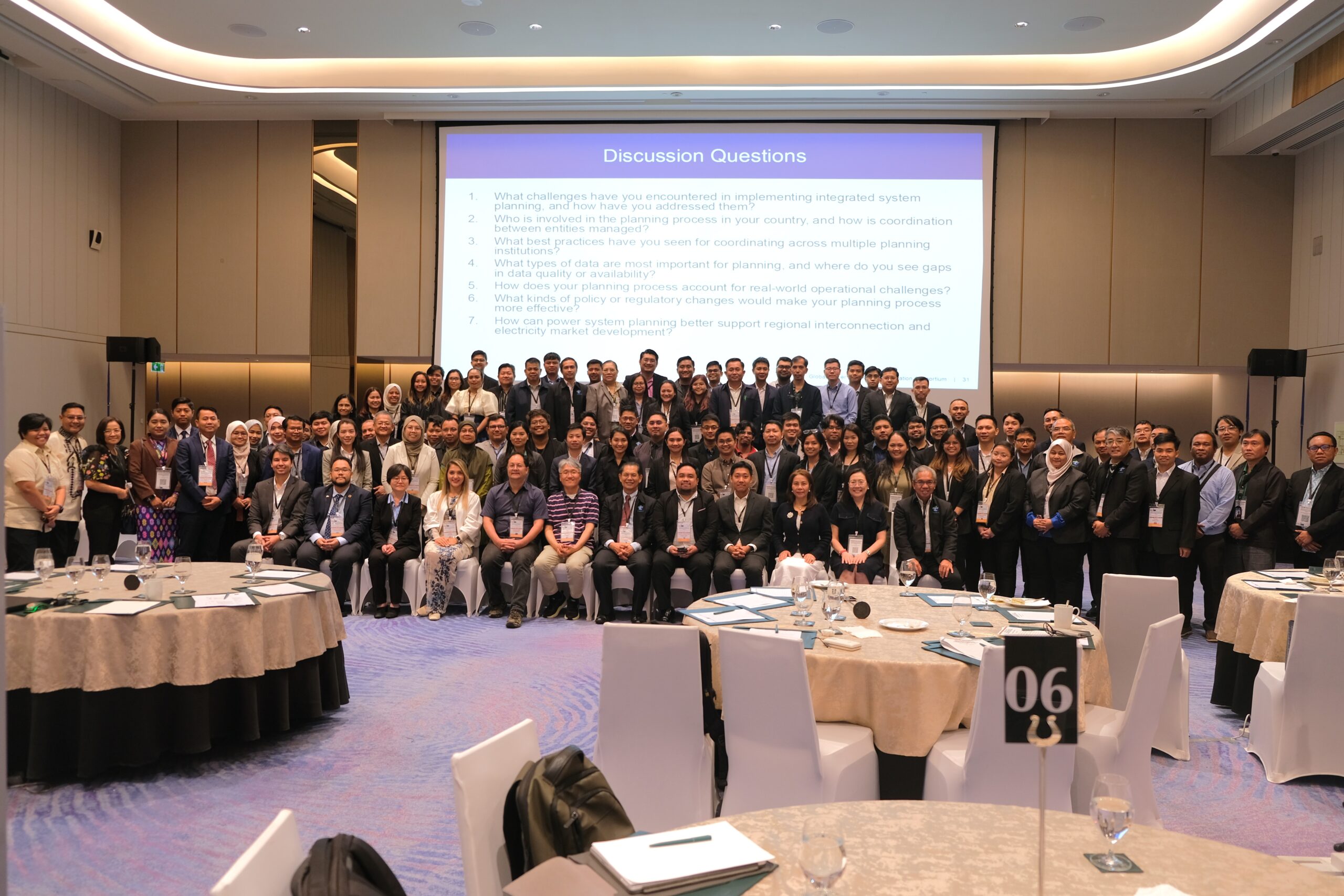
Photo 1. All participants of the 1st ASEAN Community of Practice between System Operators, Regulators, and Policymakers pose together during the opening day in Pasay City, Philippines.
The ASEAN Centre for Energy (ACE), in collaboration with the HAPUA Working Group 5, National Transmission Corporation of the Philippines (TransCo), National Renewable Energy Laboratory (NREL), and the EU SCOPE IF, has successfully convened the back-to-back events of ASEAN Community of Practice (CoP) and BESS Workshop from 20 to 22 May 2025, in Pasay City, Philippines. This event gathered more than 100 participants from system operators, policymakers, regulators, and technical experts across the ASEAN Member States (AMS). It aims to strengthen their collaboration on key issues in power system planning, cross-border electricity trading, and battery energy storage systems (BESS).
The Community of Practice (CoP) event is a part of the broader Global Power System Transformation (G-PST) Consortium initiative in Southeast Asia, aiming to build capacity among AMS in navigating technical and regulatory challenges associated with accelerating renewable energy (RE) integration and grid modernisation. The consortium also brought experts from NREL, CSIRO, and GIZ to share valuable insights and practical international experiences to unravel common challenges and solutions while realising full potential of RE implementation in the ASEAN region.
Fostering Collaboration Across Technical, Policy, and Regulatory Spheres
The opening remarks featured distinguished speakers including Fortunato C. Leynes, President and CEO of TransCo; Mike Campton, Project Manager of NREL; Ileana Miritescu from the EU Delegation to the Philippines; and Dato’ Ir. Ts. Razib Dawood, Executive Director of ACE. Their messages underscored ASEAN’s commitment to achieving sustainable, reliable, and interconnected energy systems through enhanced collaboration between technical and policy communities.
The technical exchange centred on three key themes: power system planning, cross-border electricity trading, and battery energy storage systems (BESS). NREL, CSIRO, and the DOE of Philippines shared insights on integrated power system planning and management, drawing on experiences from the US, Australia, and national practices respectively. Discussions on cross-border electricity trading highlighted the benefits of interregional coordination, reserve sharing, and congestion management, with Grid System Operator (GSO) of Malaysia showcasing LTMS experiences. Lastly, GIZ and NREL underscored BESS as a vital tool for enhancing grid reliability and flexibility, supporting renewable integration, and reducing infrastructure challenges.
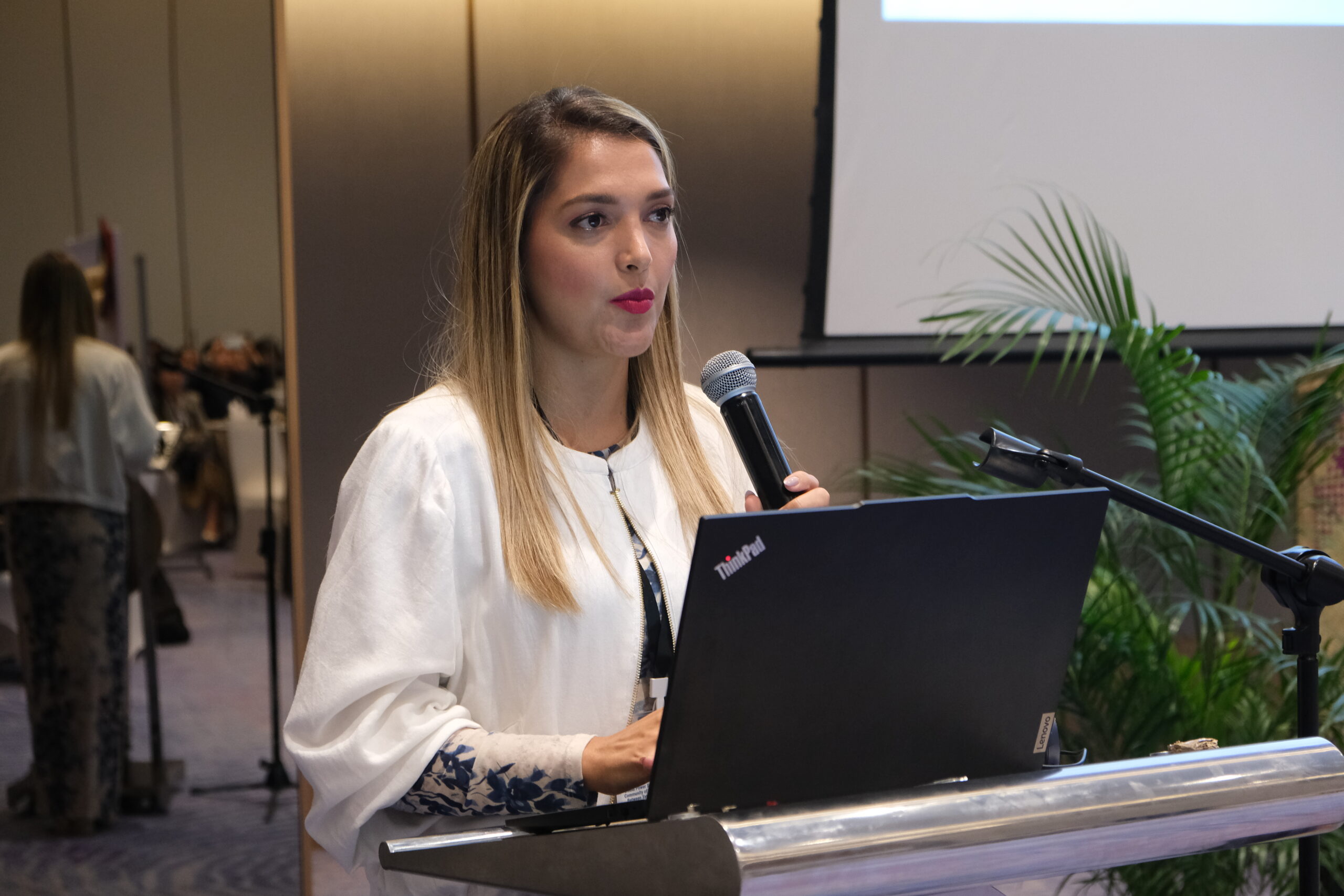 |
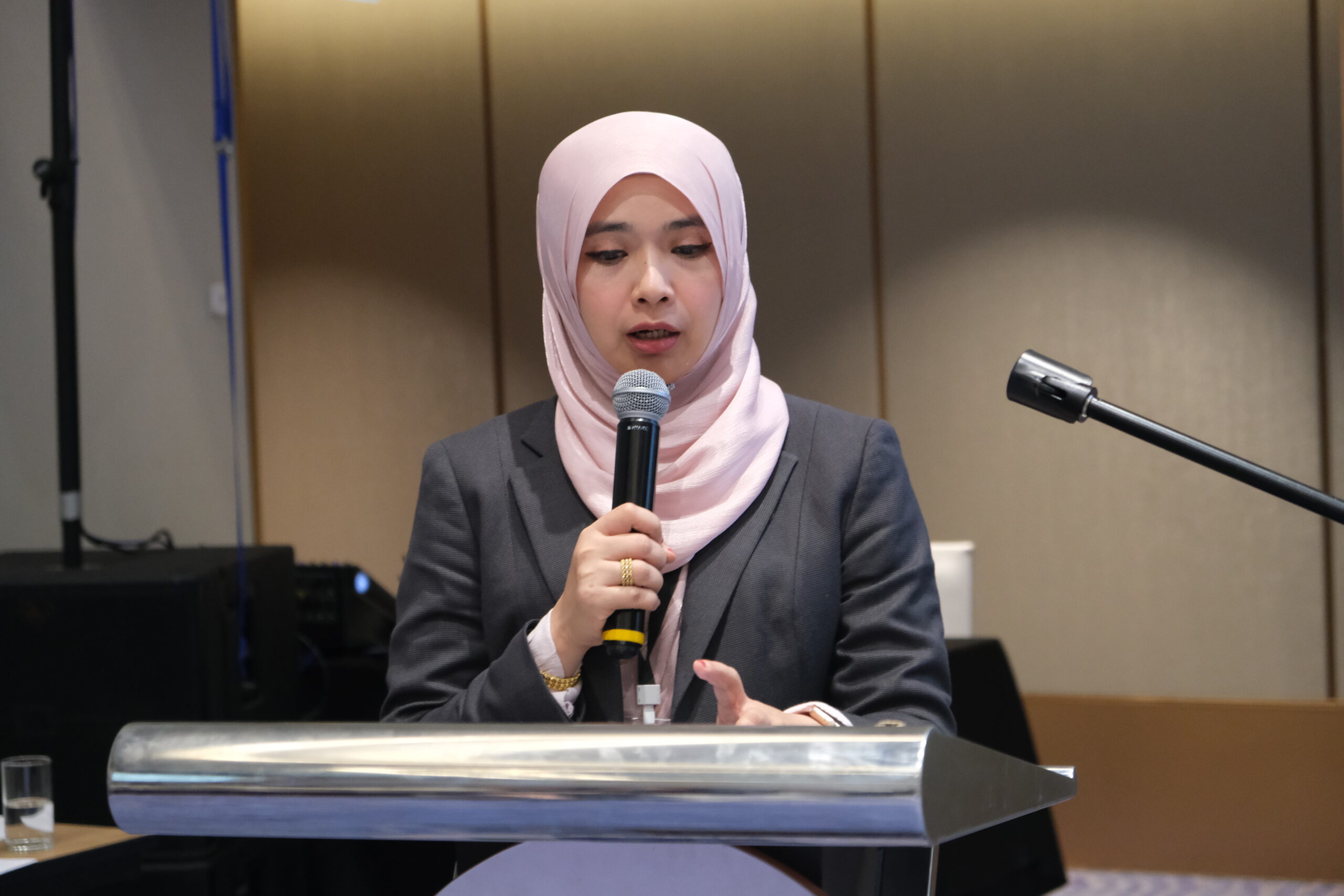 |
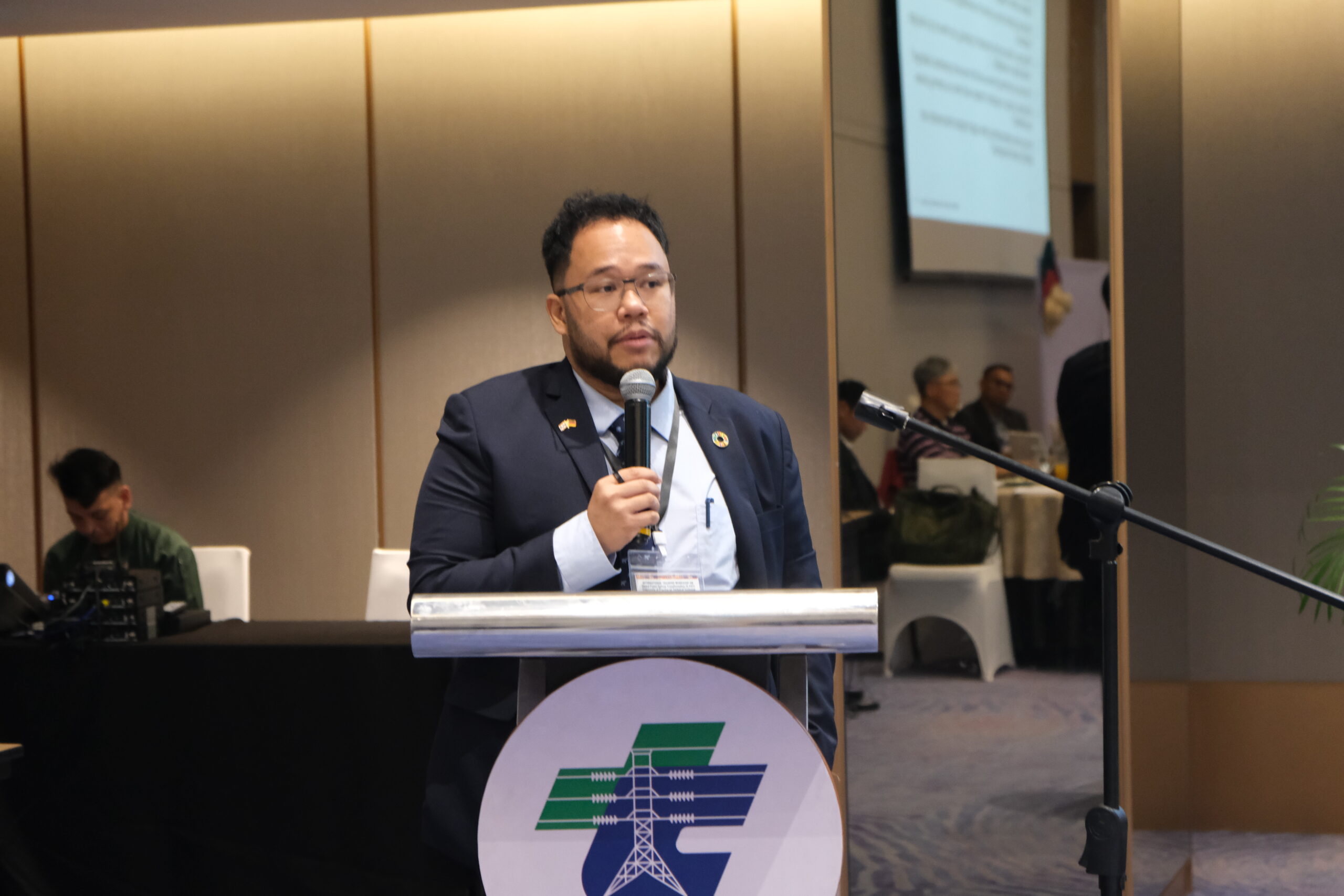 |
 |
Photo 2. Dr. Lina Ramirez of NREL (upper left), Dr. Thomas Brinsmead of CSIRO (lower left), Nozira Abdul Halim of GSO (upper right), and Chatchanis Kasemwong of GIZ Thailand (lower right) shared the stage to present their hands-on experiences.
Subsequently, the BESS workshop discussed deeper topics on its technical applications, safety standards, commercial and financing BESS project, policy and regulation in supporting BESS project. These were delivered by Subject Matter Experts from the Asia Clean Energy Partners. Additional lessons learned were brought into topic from the US and Australia for safety standards, planning practices, and business models. Further, DoE of Philippines also shared the existing and incoming energy system storage projects as well as the governance of BESS deployment, including policy, licensing, connection, and operational requirements.
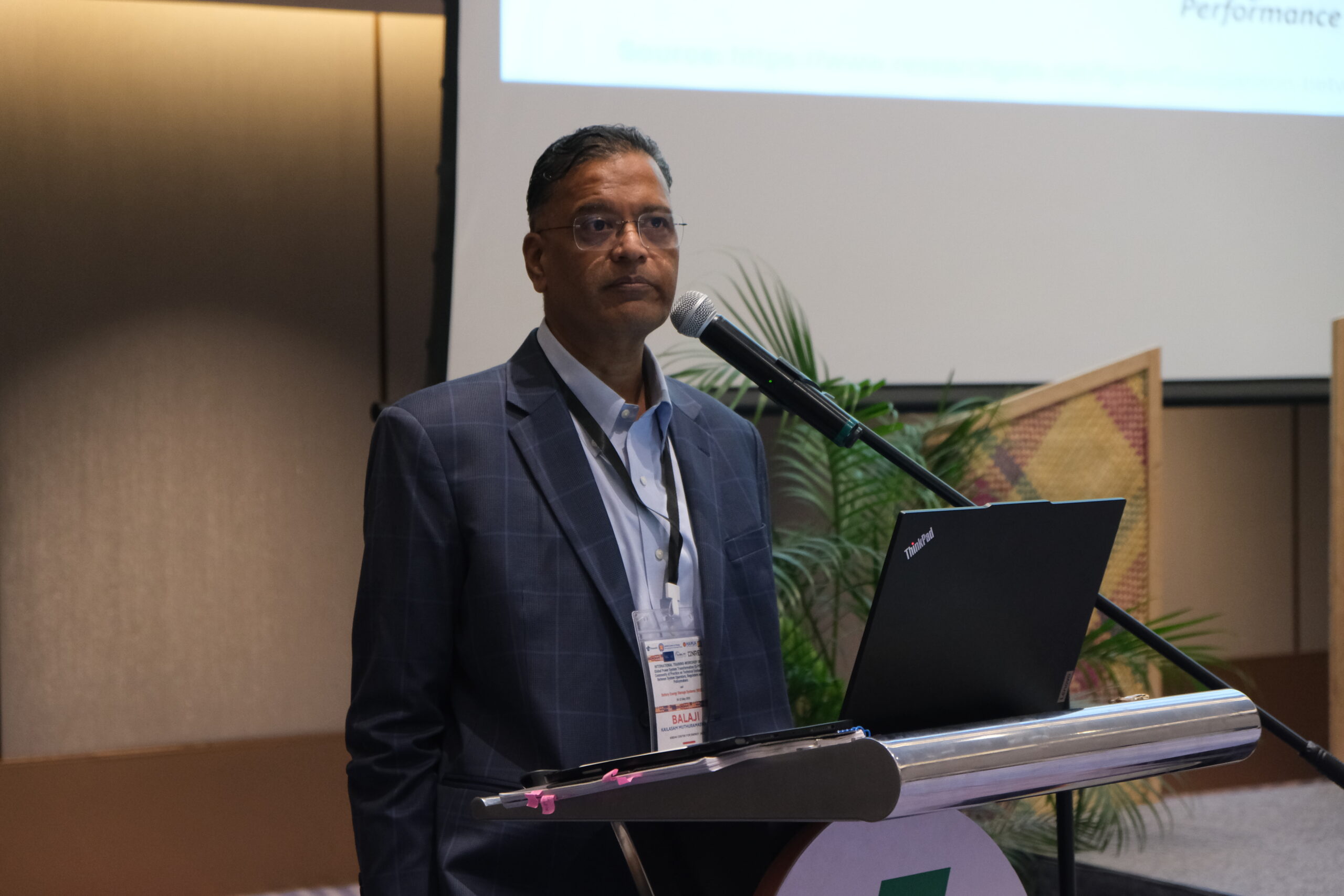 |
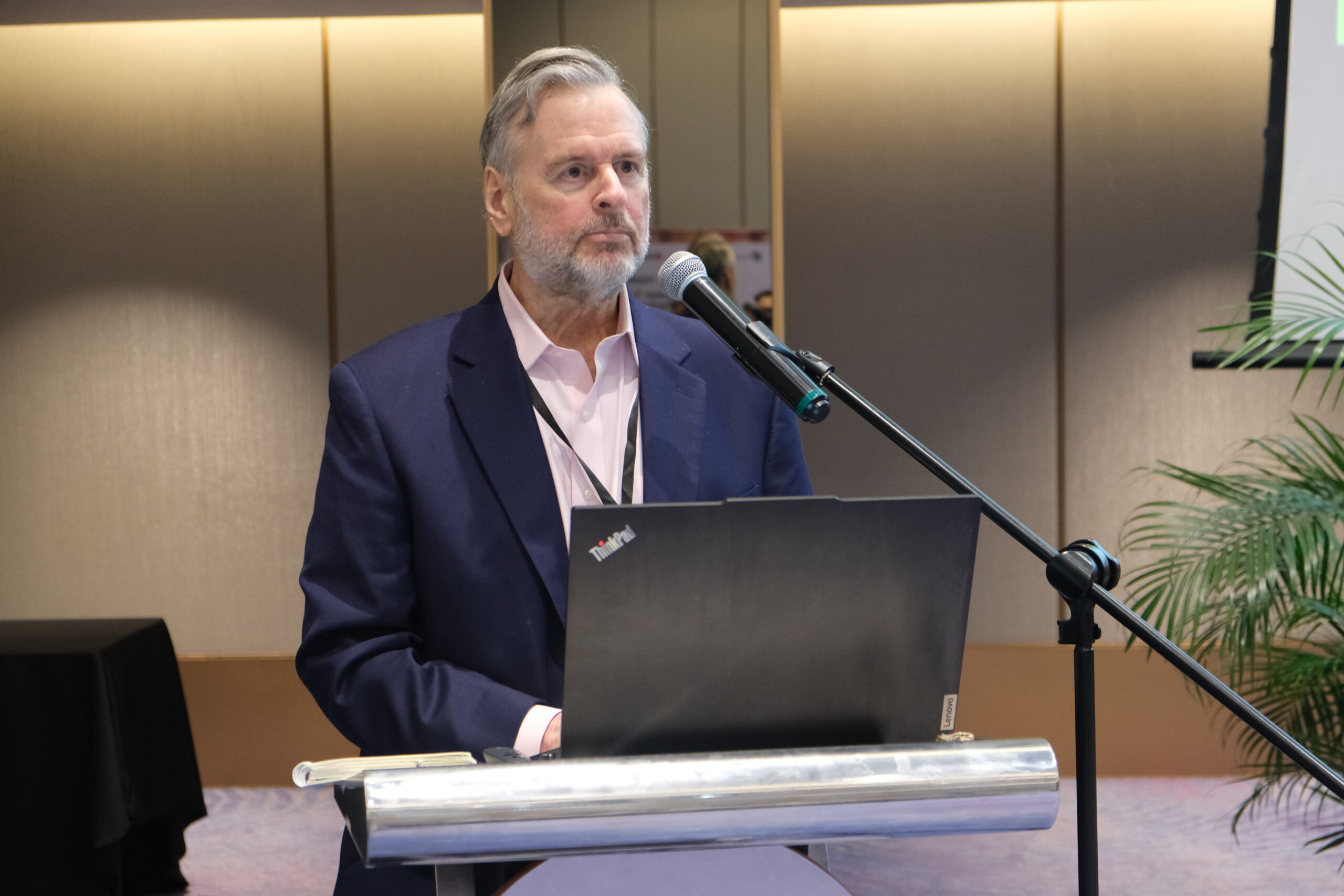 |
Photo 3. Balaji M.K (left) and Dr. Grayson Heffner (right) delivered deeper perspective on BESS in the aspect of technical applications, regulation, commercial/finance and safety requirement.
ASEAN Member States Share Experiences and Challenges

Photo 4. Participants actively engage in facilitated discussions to exchange country-specific experiences.
Facilitated breakout group discussions allowed participants to deliberate on operational challenges, policy gaps, and capacity needs related to each topic. Among the key findings:
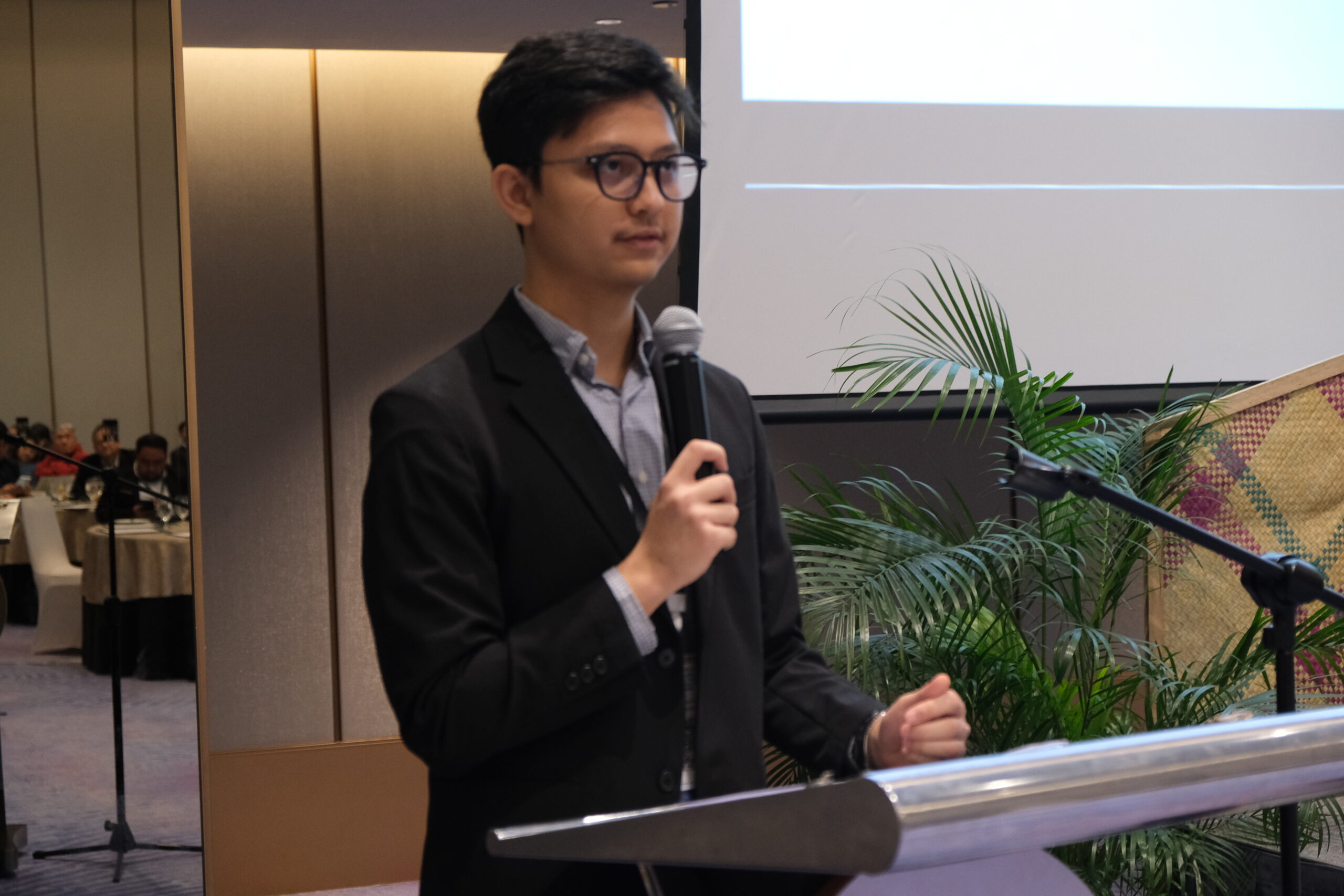 |
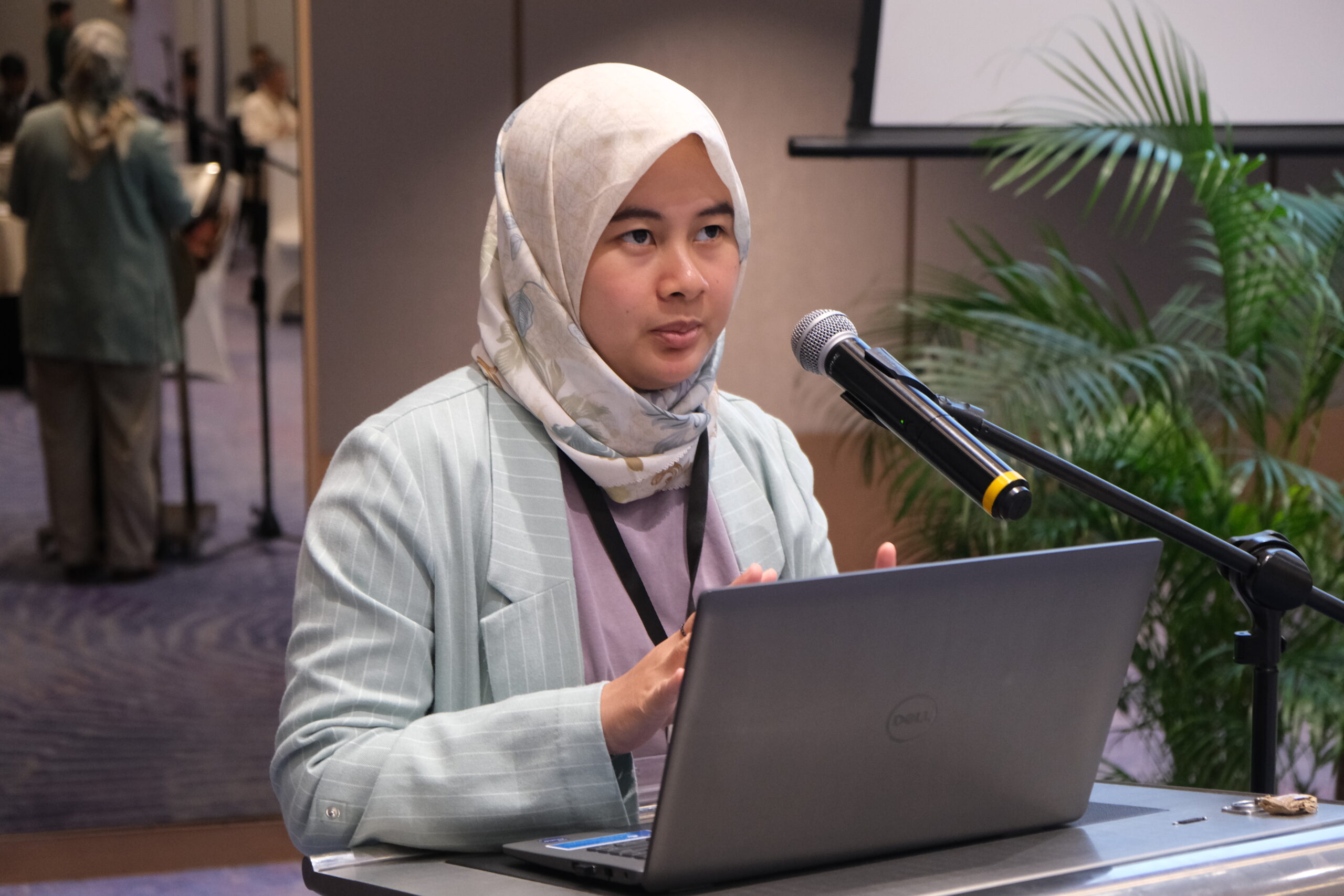 |
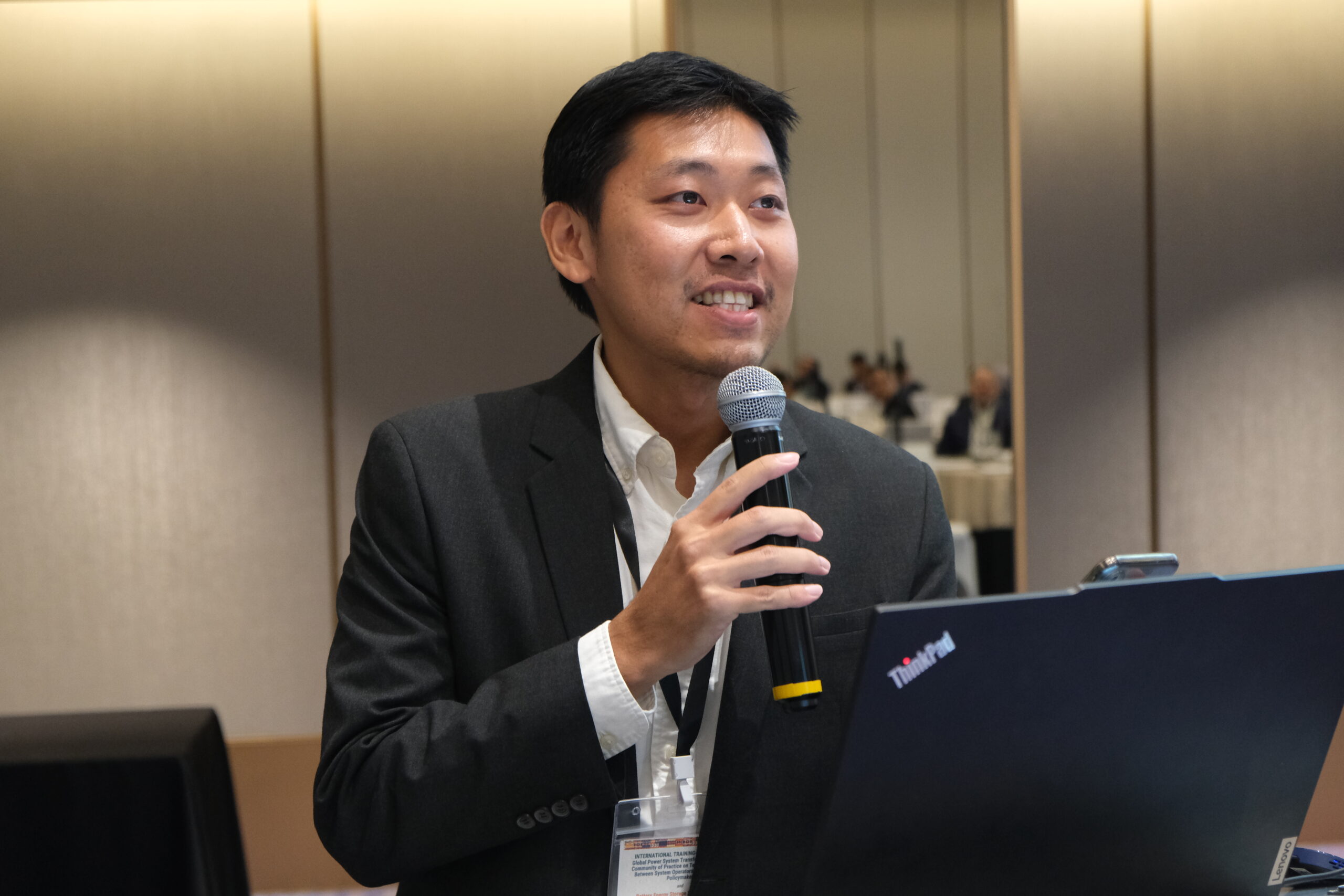 |
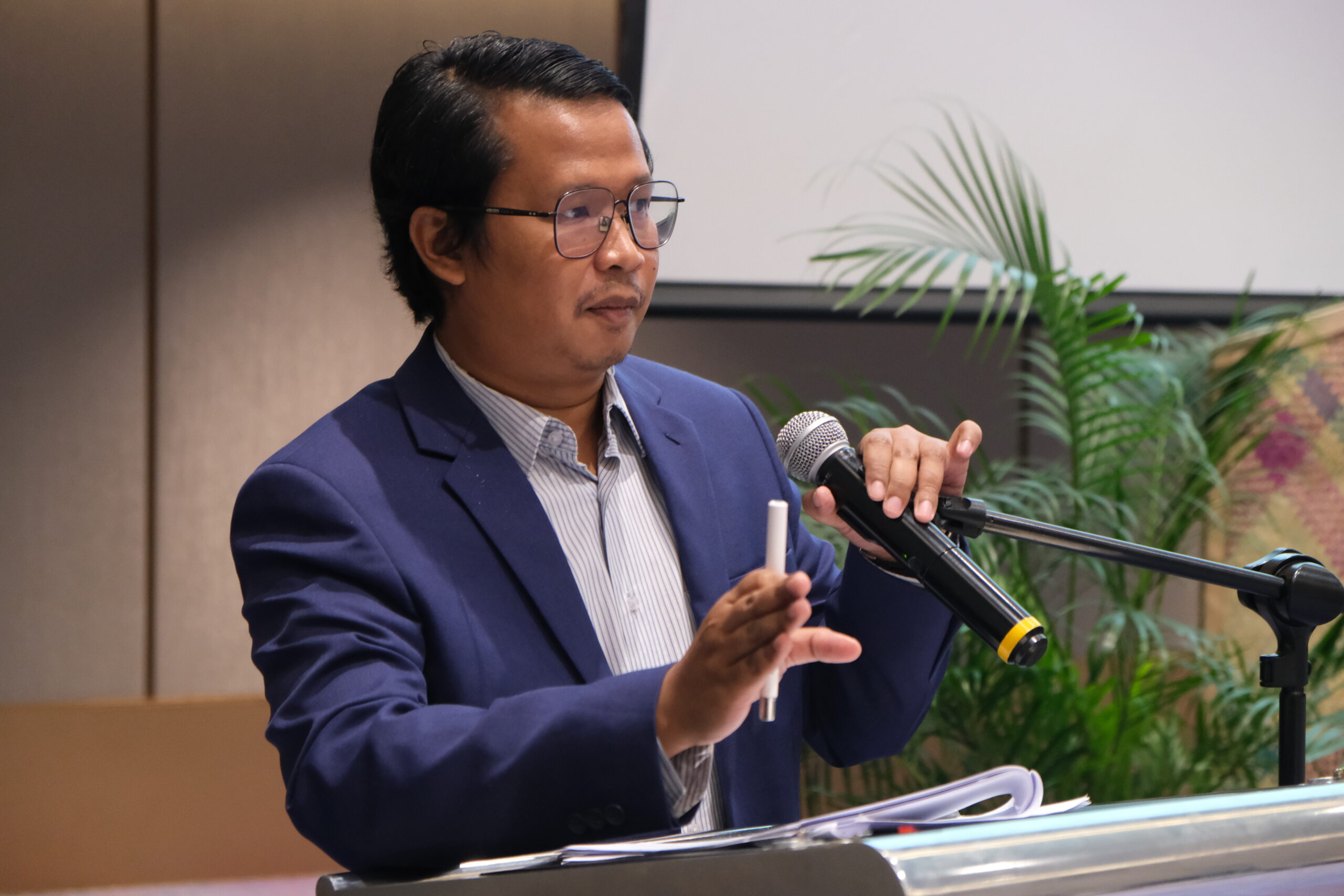 |
Photo 5. ACE team represented by Ignatius Primadi (lower left), Akbar Dwi Wahyono (lower right), Lulu Safira (upper right), and Marcel Nicky Arianto (upper left) facilitated the discussions among the delegates.
Charting the Way Forward through Working Groups

Photo 6. Representatives from ASEAN Member States collaborating to formulate thematic Working Groups for technical follow-ups.
Building on the group discussions, the participants agreed to form three thematic Working Groups (WGs) corresponding to the main topics. These WGs will be tasked with deepening technical exchanges, formulating concrete action plans, and engaging relevant stakeholders. Proposed outputs include technical papers, regional capacity-building programs, and knowledge products to disseminate best practices across ASEAN.
ACE and NREL will continue facilitating these WGs, with support from G-PST, through upcoming virtual meetings scheduled later this year. Seeing the positive results gained from the interactive discussions, ACE and NREL expect to see stronger relationships and collaboration among key stakeholders in tackling energy challenges.
Empowering ASEAN for an Energy-Resilient Future
This inaugural Community of Practice demonstrated the importance of regional cooperation and sustained dialogue between technical operators and policymakers. By fostering mutual understanding, the initiative supports ASEAN’s journey towards a secure, sustainable, and integrated regional power system—paving the way for enhanced RE deployment and greater energy resilience for the region.
(IPL, ADW, LS, MNA)
